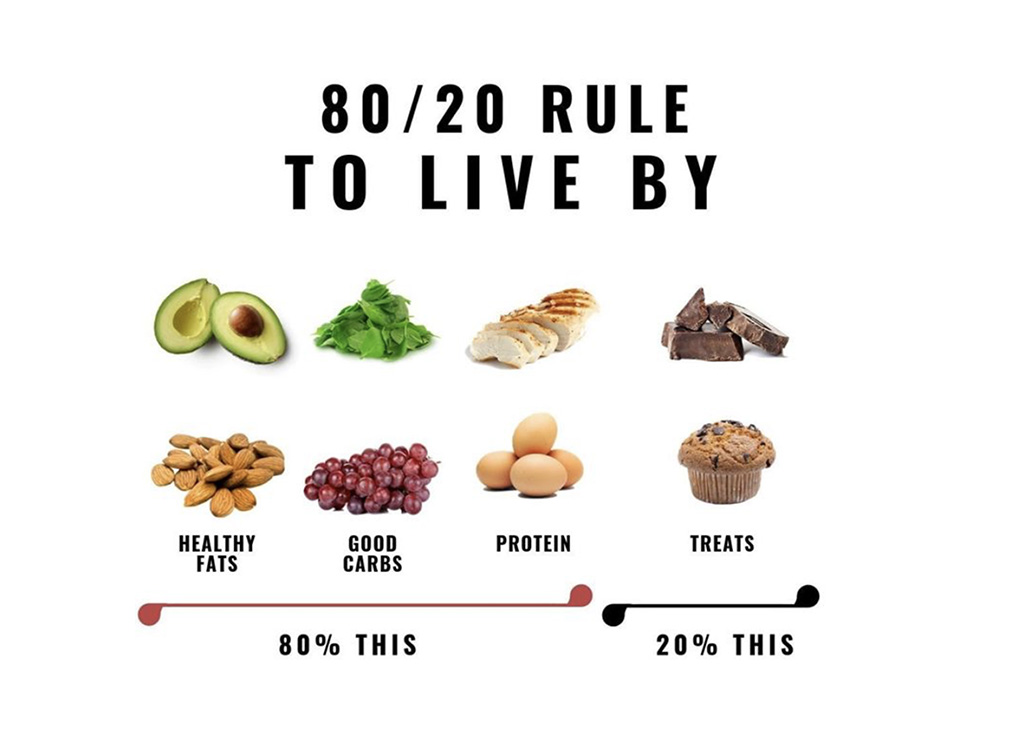
A healthy sex life in later life could reduce your risk of dementia
If recent data showing the rise of STI cases among the over-65s in England is anything to go off, the elderly hardly need an excuse to keep the flame alive. But according to new research into the correlation between sexual satisfaction and memory loss, a fulfilling sex life in later life could be the secret to better cognitive health.
In the study, which was recently published in the journal Gerontologist, scientists at Penn State University tracked the correlation between erectile dysfunction, sexual satisfaction and memory loss in 818 men between the ages of 56 and 68 over a 12-year period.
It found that decreases in erectile function and sexual satisfaction were associated with memory decline and that having lower erectile function in particular was linked to poorer cognitive performance and a faster decline in processing speed over time.
Martin Sliwinski, professor of human development and family studies at Penn State University and co-author on the study, said in a statement:
‘Scientists have found that if you have low satisfaction generally, you are at a higher risk for health problems like dementia, Alzheimer’s disease, cardiovascular disease and other stress-related issues that can lead to cognitive decline.’
Sliwinski claims the study shows that ‘improvements in sexual satisfaction may actually spark improvement in memory function’. ‘We tell people they should get more exercise and eat better foods,’ he continued. “We’re showing that sexual satisfaction also has importance for our health and general quality of life.’
Riki Slayday, a doctoral candidate at Penn State University and lead author of the study, added that the findings emphasize the correlation between how we feel about our sex lives and our cognitive health.
‘Research on sexual health has historically focused on quantifiable facets of sexuality like number of sexual partners or frequency of sexual activity,’ he said.
‘What we were interested in is the perception of that activity, how someone feels about their sex life, and how that influences cognitive function, because multiple people could be in the same situation physically but experience completely different levels of satisfaction.’ Maintaining a healthy sex life in later life is not only better cognitive health. It’s also beneficial for your physical health, too.
According to Age UK, having an active sex as you get older can also be good for your heart, lower blood pressure, and also help with managing stress.
Tips for Boosting Your Libido
Given all this, here’s a few quick tips for boosting your libido and keeping the consensual flame alive.

1. Sleep, diet and exercise
Getting plenty of sleep, eating a balanced and healthy diet, and exercising regularly all help to re-energise your body, reduce stress and generally make you feel better – all of which will help to give your libido a boost.
2. Alcohol
Excessive alcohol consumption has been proven to lower your testosterone levels and alter your ability to get or maintain an erection. According to digital relationship & sex therapy platform Blueheart,
‘The effects of alcohol on your sex drive can be incredibly varied. It may reduce your libido and arousal before sex, or it may impact how much you enjoy having sex altogether.’
So, if you’re looking to boost your libido, perhaps consider a break from excessive drinking.
3. Communication
Having an open and honest conversation with your partner can also help to improve your libido. According to Blueheart, having conversations that at first may feel uncomfortable, can ultimately ‘help you feel more comfortable, supported, and less alone’.






